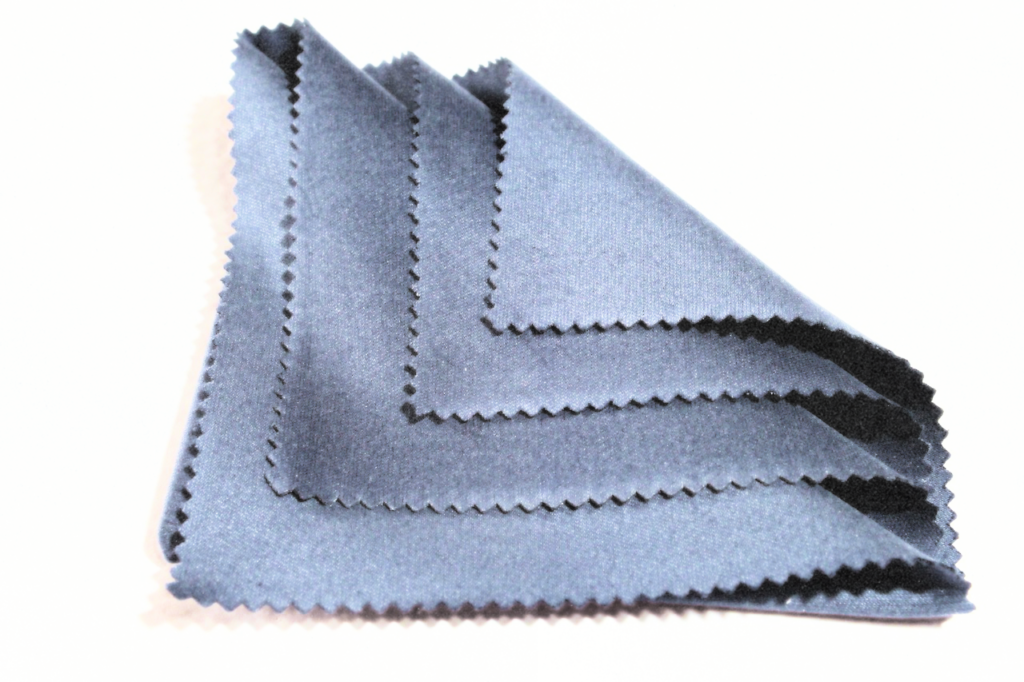TENCEL
Tencel is a type of eco-friendly lyocell fabric made from wood known for its sustainability, softness, and versatility. It is produced by the Austrian company Lenzing AG and is primarily sourced from sustainably managed eucalyptus trees. Tencel is often marketed as a more sustainable alternative to traditional fabrics like cotton due to its minimal environmental impact and closed-loop production process.

Tencel Benefits
Tencel fabric boasts several properties that make it highly desirable in the textile industry. It has excellent moisture-wicking properties, is renowned for its breathability, and is exceptionally soft to the touch, with a smooth surface that drapes elegantly. Moreover, Tencel is resistant to wrinkles, which means garments made from this material require minimal ironing.
What renders Tencel exceptionally sustainable is its sourcing from FSC-certified wood, primarily sourced from South African forests where eucalyptus trees flourish in otherwise unsuitable soil conditions, fostering sustainable forest management practices and tree replenishment. Tencel’s production reuses 99% of water and solvents utilized in the process, and the bleaching is chlorine-free. Tencel bears the European Ecolabel and has earned esteemed accolades, reflecting its dedication to sustainability across all production stages.
Choosing Tencel: A Sustainable Alternative
Because Tencel is made from 100% natural materials from renewable sources, choosing Tencel means opting for a fabric that not only offers exceptional comfort and performance but also aligns with ethical and environmental values. Its closed-loop production process minimizes waste and pollution, making it a green choice for eco-conscious consumers seeking both style and sustainability.

